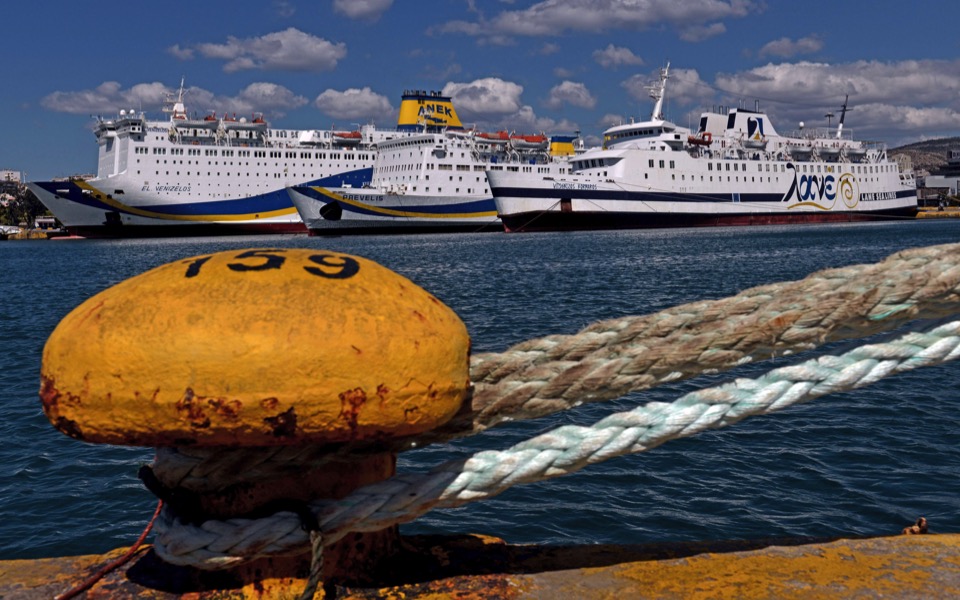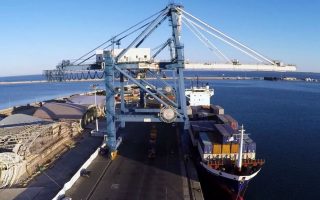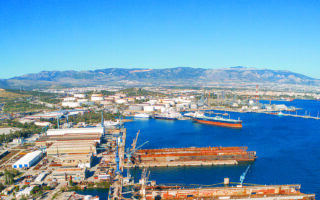Ferry fares come under the PM’s scrutiny

The government is trying to solve the conundrum of the high-priced ferry tickets this summer, in cooperation with coastal shippers. The two sides are expected to have a meeting on Tuesday at the prime minister’s office in order to assess the scope for initiatives to slash fares.
Ferry ticket prices this August remain at the same levels as in August 2022, although international oil prices have fallen by about 40%, raising the question of why fares have not scaled back accordingly.
Government spokesman Pavlos Marinakis said on Monday that “this government has demonstrated that it does not leave such issues to chance,” citing as an example its interventions against energy rate hikes. He even announced “news from the government immediately.”
For his part, Minister of State Akis Skertsos said on Monday that “we will examine what exactly is happening with the prices of ferry tickets.”
Tuesday’s meeting is expected to be attended by Skertsos, Shipping Minister Miltiadis Varvitsiotis, as well as the president of the Association of Passenger Shipping Enterprises (SEEN) together with businessmen.
According to SEEN sources, the increases in the prices of ferry tickets in 2021 and the first half of 2022, which shaped the current high prices, covered a wider package of hikes in operating expenses of the ferry companies, which from 2020 through 2022 overwhelmingly produced operating losses. After all, this is one of the reasons why ANEK is threatened with collapse and its rescue by absorption by another shipping company is under way, they explain.
In addition, the reduction in international oil prices has not been fully passed on to marine fuels, SEEN sources say, as the way suppliers price fuel has changed in the last six weeks, resulting in the slashing of price cut margins. The new pricing policy has brought an increase of about $80, from about 500 euros per ton to €580/ton – i.e. an increase of more than 15%.
In addition to the cost of fuel prices, wages have already risen by 9% and have been agreed to rise by a further 5% from next year – a total of 14% over three years, while the cost of loan servicing has increased by at least four percentage points.





